Power Trowel vs Hand Trowel: Which is Right [Pros & Cons]
When it comes to working with concrete, choosing the right trowel is crucial for achieving optimal results. Whether it’s a power trowel or a hand trowel, each tool has its own set of advantages and considerations.
Power trowels offer speed, efficiency, and the ability to cover larger areas, while hand trowels provide versatility and precision for smaller-scale projects. In this post, it will explore the pros and cons of both power trowels and hand trowels, helping us make an informed decision based on our specific needs and requirements.
Definition and purpose of trowels
- Trowels are hand tools used in various construction and masonry projects for tasks such as spreading, smoothing, and shaping materials like concrete, mortar, or plaster.
- They consist of a flat, pointed, or curved metal blade attached to a handle, allowing for precise control and manipulation of the material.
Importance of choosing the right trowel
- Selecting the appropriate trowel for a particular job is crucial for achieving optimal results in terms of efficiency, quality, and aesthetics.
- Different trowel types, sizes, and blade shapes are designed for specific applications, ensuring proper coverage, smoothness, and evenness of the material being worked on.
Contents
Power Trowel
Working principle
- A power trowel, also known as a power float or helicopter, is a machine used to finish and polish concrete surfaces.
- It consists of one or multiple rotating blades that spin rapidly, providing a smooth and level finish to the concrete by grinding and polishing the surface.
Advantages of using
- Time-saving and increased productivity: Power trowels can cover larger areas quickly, reducing the time and effort required compared to manual troweling.
- Consistent and smoother finish: The rotating blades of a power trowel create a uniform and smooth surface, resulting in a professional-looking finish.
- Ability to cover larger areas: Power trowels are designed to handle large-scale projects, making them suitable for larger concrete surfaces.
- Reduces physical strain on the user: With the machine doing the majority of the work, operators experience less physical fatigue and strain compared to manual troweling.
Limitations
- Cost and maintenance considerations: Power trowels are expensive to purchase and require regular maintenance to ensure optimal performance and longevity.
- Noise and exhaust emissions: Power trowels can be noisy during operation and produce exhaust emissions, necessitating proper ventilation in indoor applications.
- Requires some level of skill to operate: Operating a power trowel effectively requires training and skill to achieve the desired results while avoiding common mistakes or surface damage.
Hand Trowel
Purpose of a hand trowel
- A hand trowel is a handheld tool with a flat metal blade used for various tasks in masonry, gardening, and construction.
- It is primarily used for small-scale projects, such as applying and smoothing mortar, digging small holes, or creating precise edges.
Advantages of using
- Versatility and maneuverability: Hand trowels can be used in various applications and are easy to maneuver in tight or confined spaces.
- Cost-effectiveness: Hand trowels are more affordable compared to power trowels, making them a cost-effective option for small projects or occasional use.
- Ideal for small-scale projects or tight spaces: Hand trowels are suitable for smaller areas or projects where a power trowel may not be practical or necessary.
- Allows for greater precision and control: Hand trowels offer greater control over the finishing process, allowing for precise detailing or addressing specific areas that require attention.
Limitations
- Time-consuming for larger areas: Hand troweling can be time-consuming for larger concrete surfaces or extensive projects, requiring more effort and time compared to power trowels.
- Physical exertion and fatigue: Using a hand trowel requires manual effort, which can lead to physical exertion and fatigue, particularly in longer or more extensive projects.
- Potential for uneven finish if not used properly: Hand trowels require skill and proper technique to achieve a consistent and smooth finish. Inexperienced users may face challenges in achieving an even surface.
Choosing the Right Trowel
Factors to consider
- Project size and scale: Determine the size of the project and the amount of concrete or material that needs to be worked on. Larger projects may benefit from the efficiency of a power trowel, while smaller projects may be more suitable for a hand trowel.
- Type of material being worked with: Consider the type of material, such as concrete, mortar, or other substances, as different trowels may be better suited for specific materials.
- Time constraints: Assess the timeline of the project and the available time for troweling. Power trowels can cover larger areas more quickly, saving time on larger projects.
- User skill level and experience: Evaluate the user’s level of expertise and familiarity with troweling techniques. Power trowels require more skill and training to operate effectively.
Matching the trowel to the task
- Power trowels for large-scale projects and concrete slabs: Power trowels are ideal for larger projects where speed and efficiency are crucial. They are commonly used in commercial construction, roadwork, and industrial applications.
- Hand trowels for smaller projects, detailed work, or touch-ups: Hand trowels are versatile and suitable for smaller-scale projects, detailed finishing work, or areas that are difficult to access. They are commonly used in residential construction, landscaping, and masonry work.
Conclusions
In conclusion, when it comes to choosing between a power trowel and a hand trowel, it is essential to consider the specific requirements of your project. Power trowels offer time-saving benefits, increased productivity, and the ability to cover larger areas, while hand trowels provide versatility, precision, and cost-effectiveness for smaller tasks.
By understanding the pros and cons of each type and considering factors like project size, material, and user skill level, you can make an informed decision. Ultimately, selecting the right trowel for the job will ensure efficient and effective results in your concrete work.

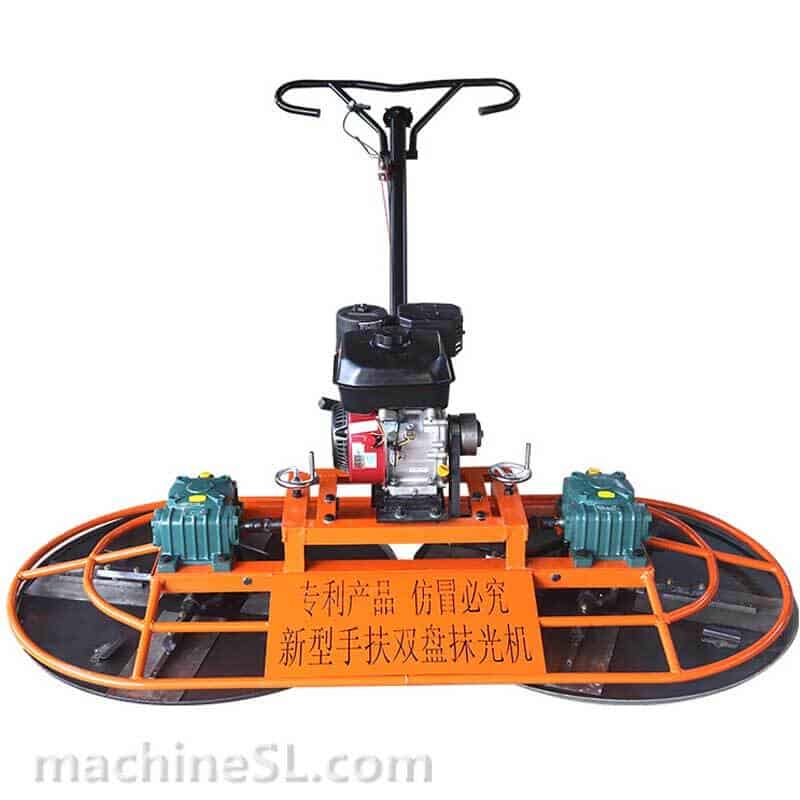
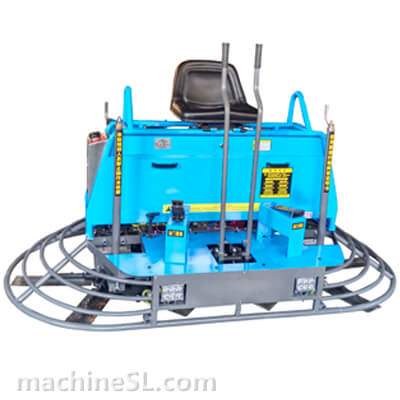
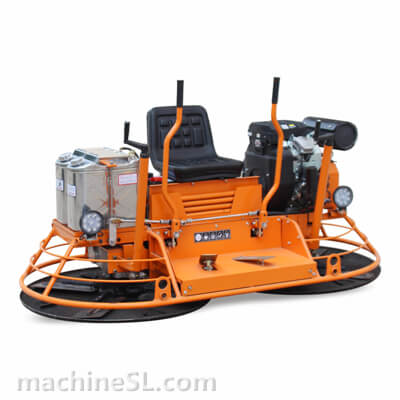
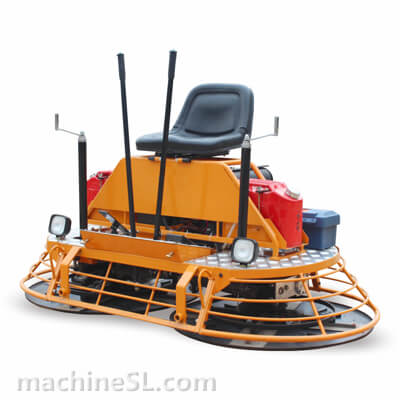
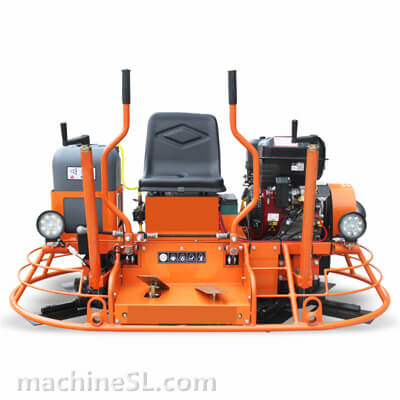
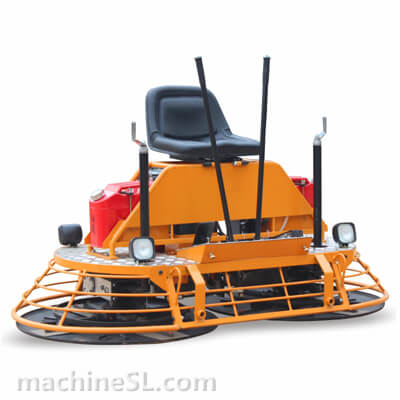
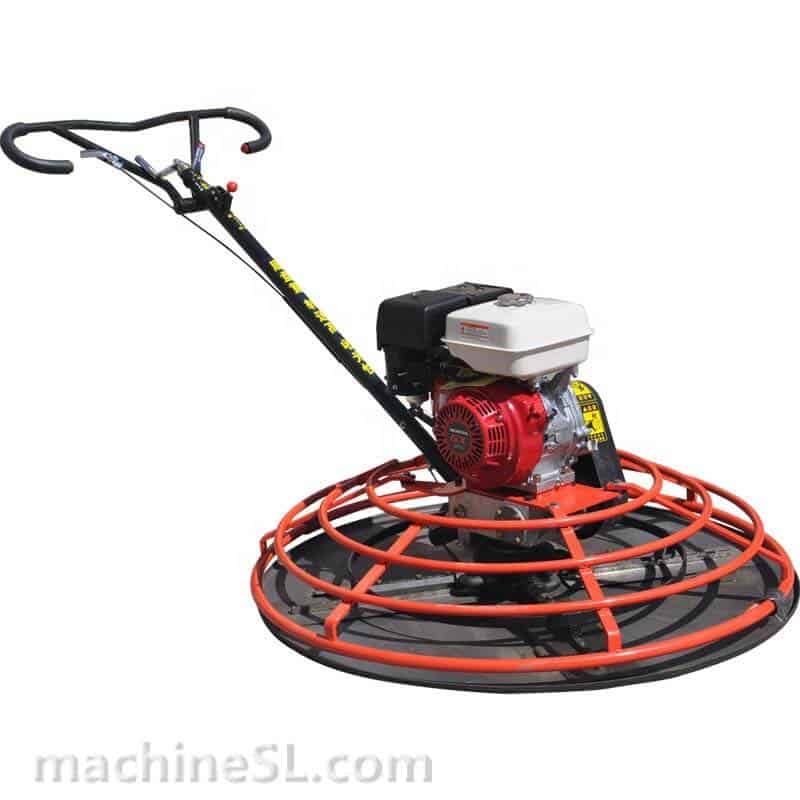
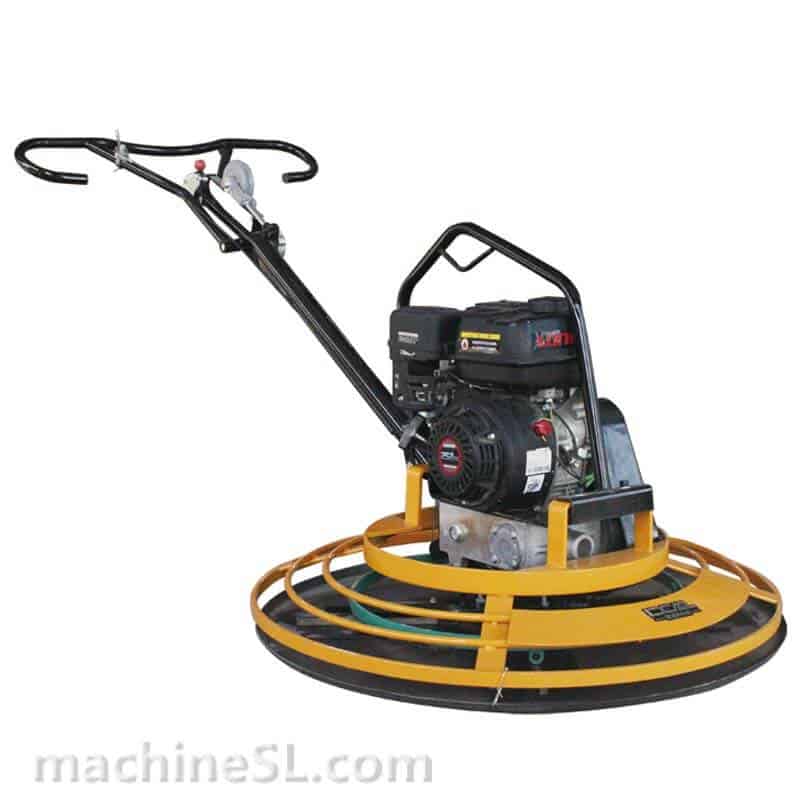
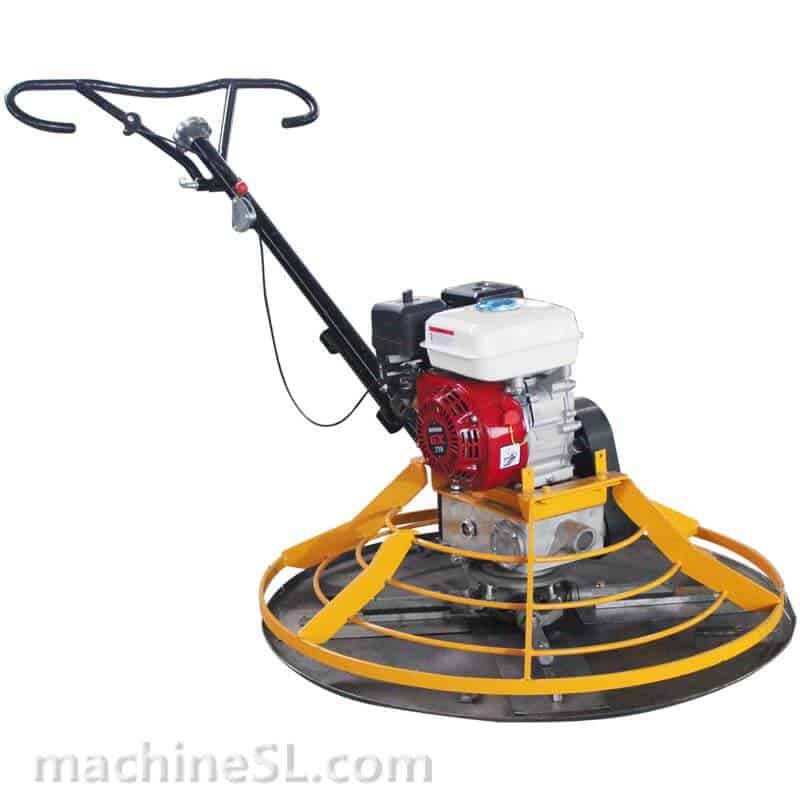
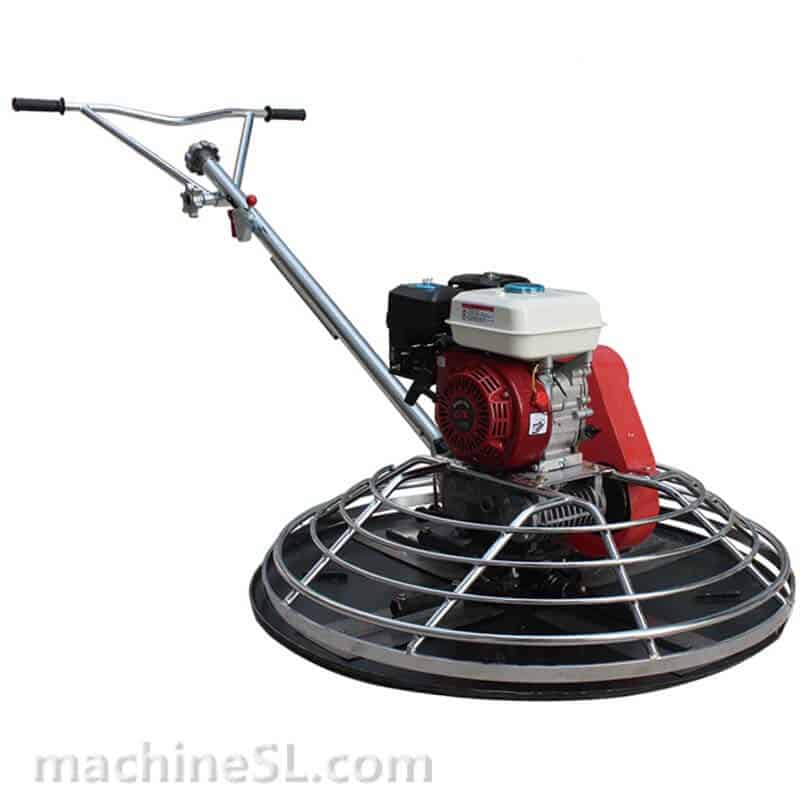
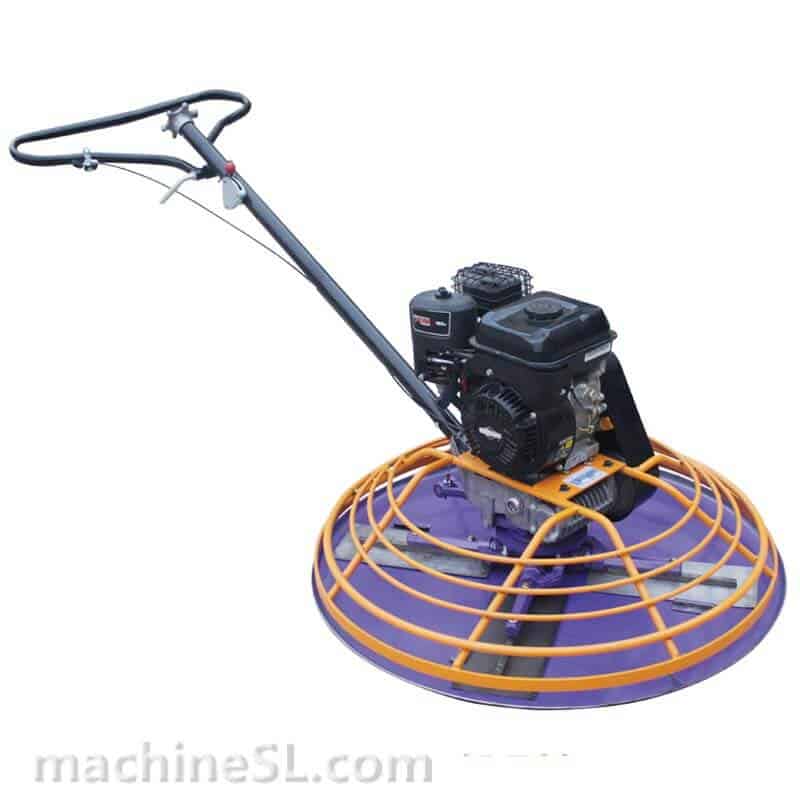
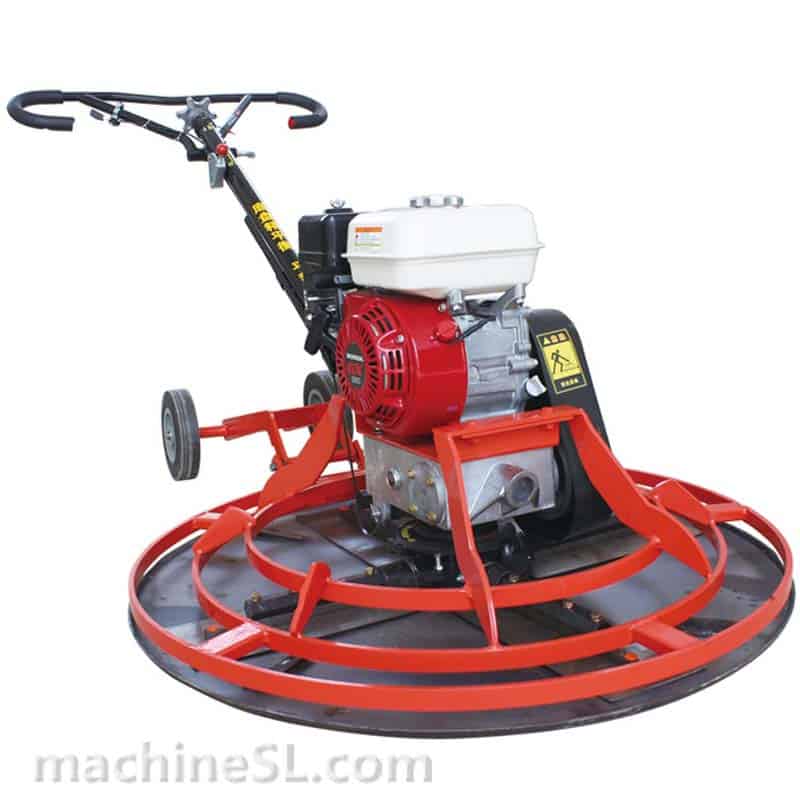
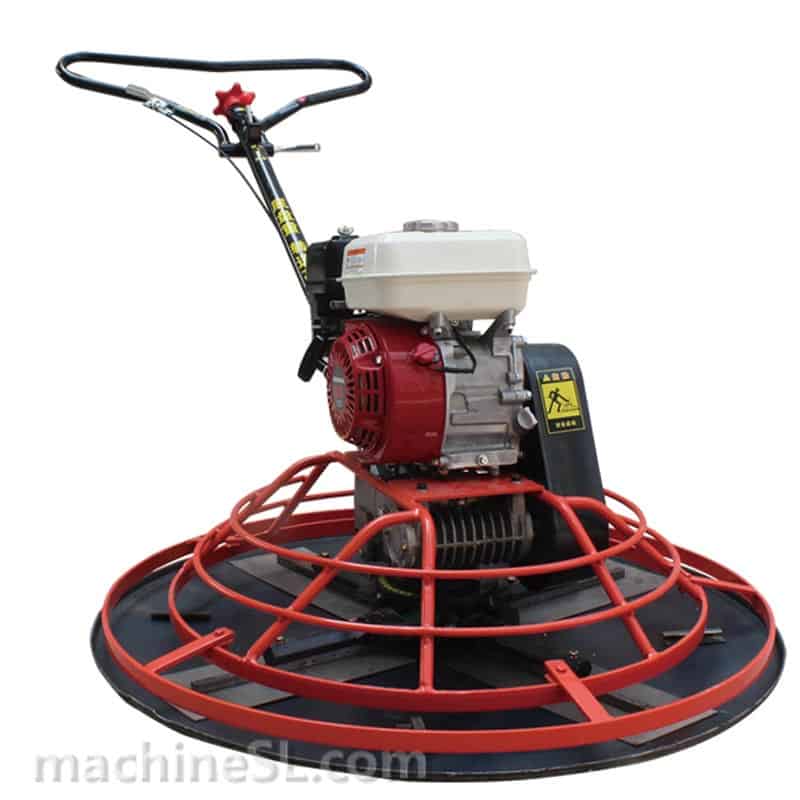
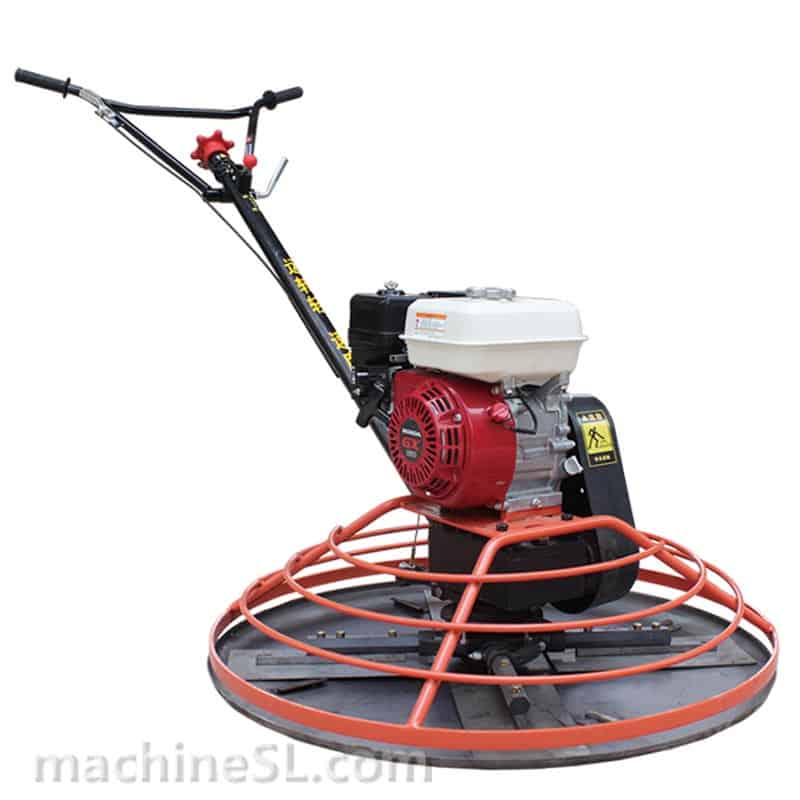
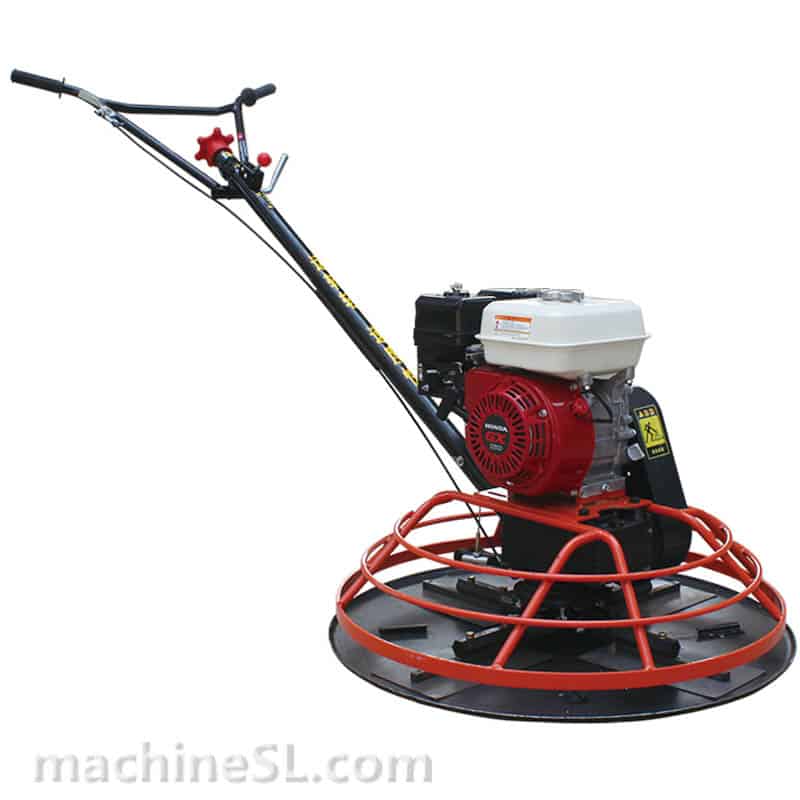
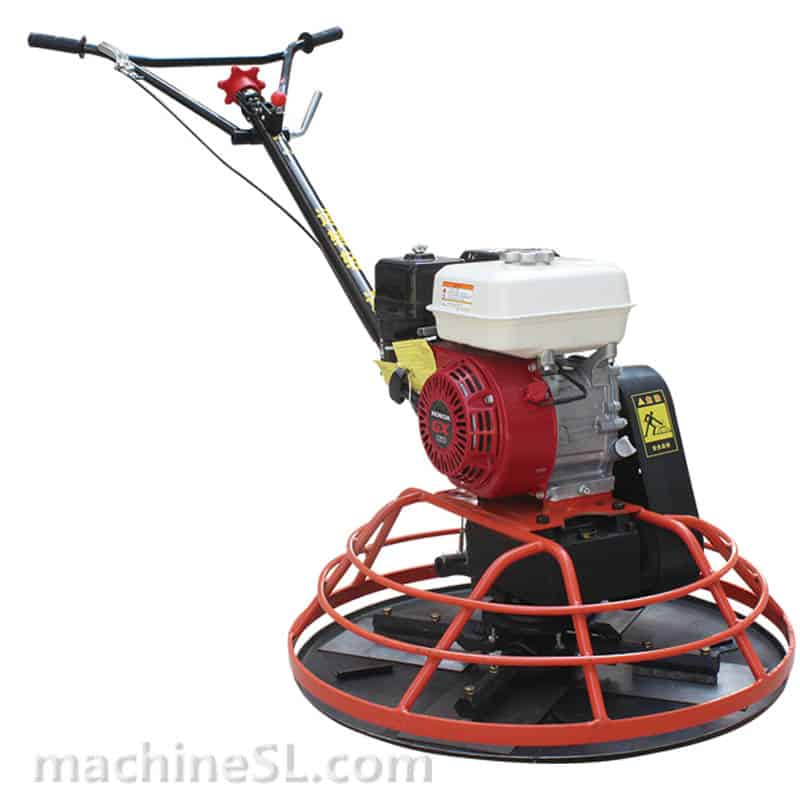
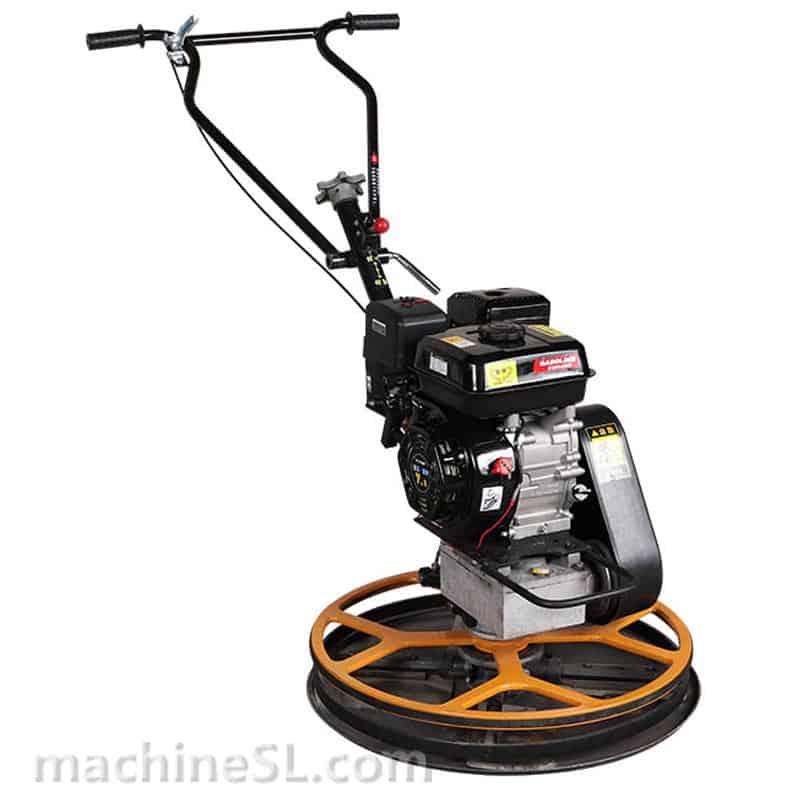
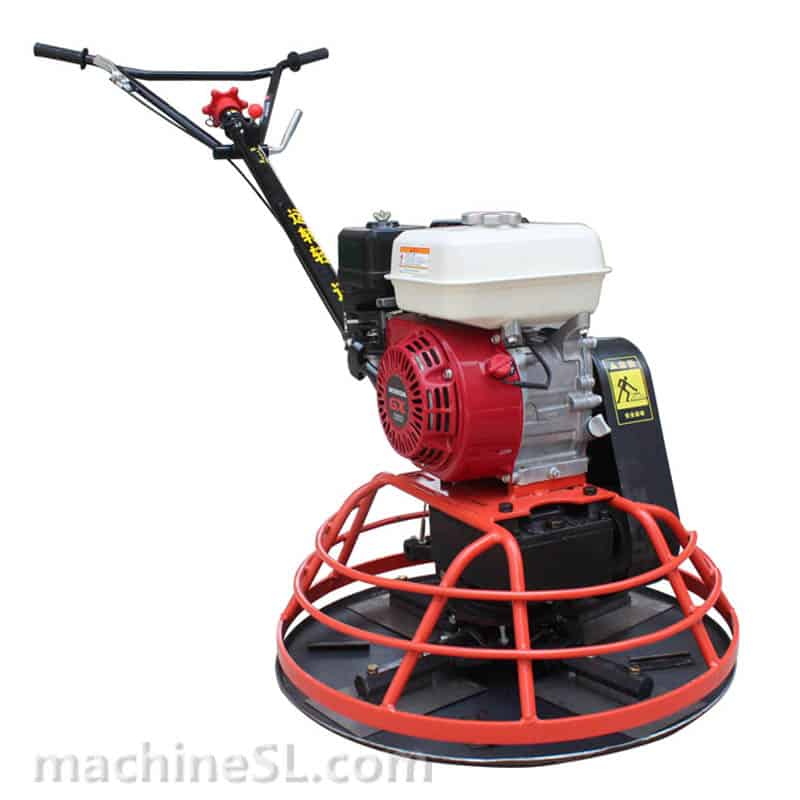
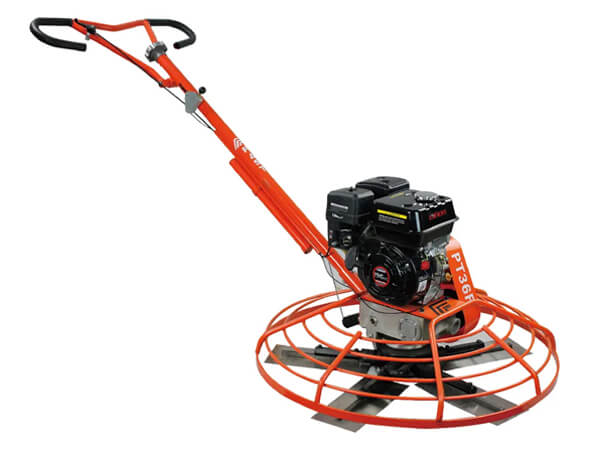
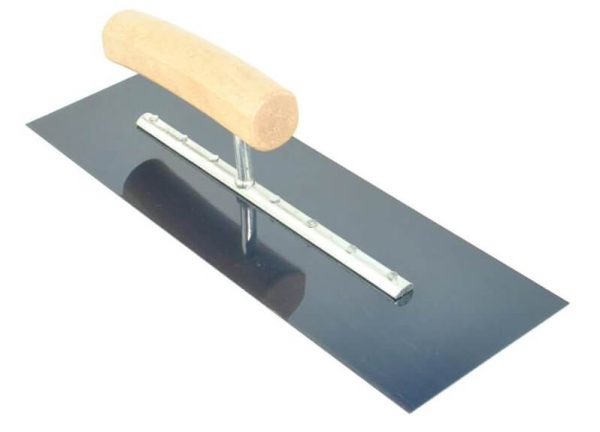
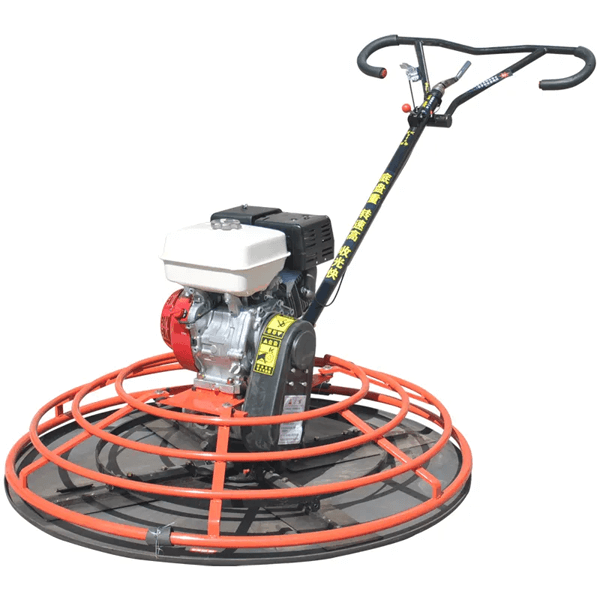
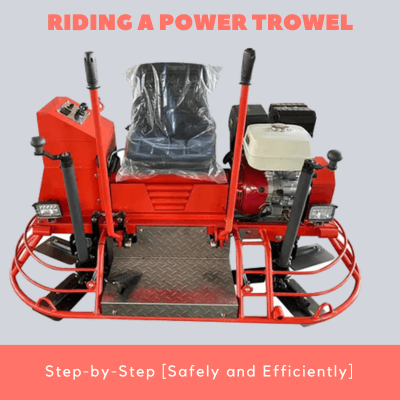

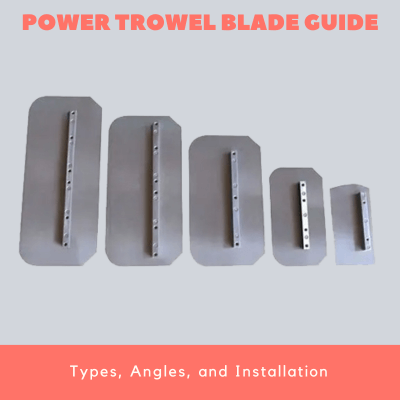


Leave A Comment